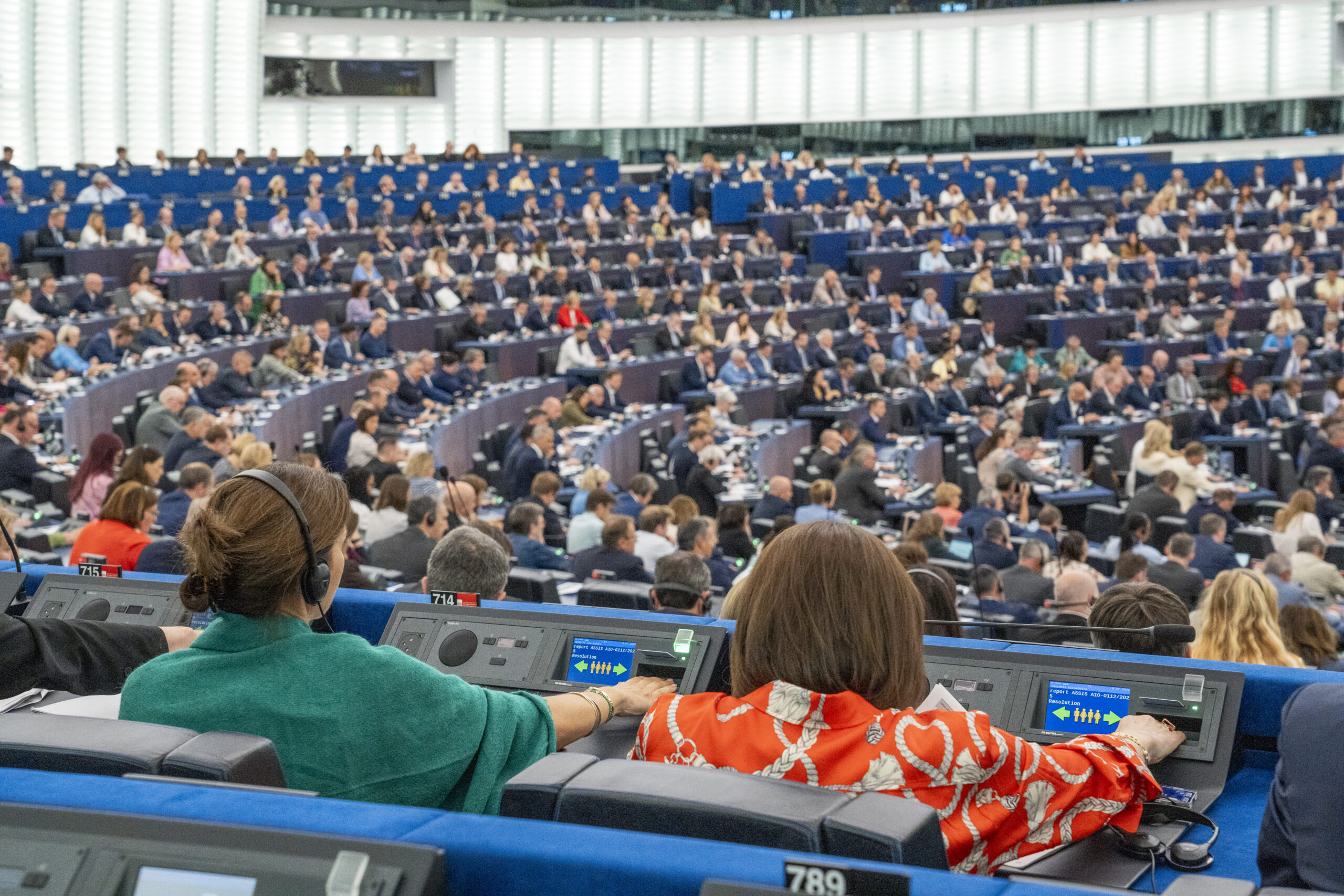From November 17 to 21, the Raw Materials Week will take place in Brussels, Belgium. This event, organized annually by the European Commission, aims to discuss access to and the sustainable and secure supply of raw materials in and for Europe, including through the strengthening of international partnerships to improve competitiveness.
Meanwhile, the growing global demand for critical minerals —driven not only by the energy transition but also by the expansion of the digital economy, data infrastructure, and the military and aerospace industries— is causing severe social and environmental impacts and human rights violations of local communities. During Raw Materials Week, this will be one of the issues to be addressed by civil society.
Why are the measures discussed at Raw Materials Week important?
During Raw Materials Week, the security of mineral supply chains, competitiveness, and strategic autonomy will be at the center of the debate on mineral access in and for Europe, although the focus should be, more than ever, on a paradigm shift—one that prioritizes human rights and environmental protection over the economic interests of the Global North.
There are three key points that civil society believes the European Union should take into account:
- Effective enforcement of human rights and due diligence:
The EU must uphold its international commitments and avoid backsliding on the Corporate Sustainability Due Diligence Directive. Corporate self-regulation does not guarantee accountability or transparency; therefore, a robust legal framework is needed to ensure liability throughout the entire supply chain of critical minerals.
- Transparency, access to information, civil society participation and the free, prior and informed consent of Indigenous communities in the Global South:
Guaranteeing access to information and the early and effective participation of civil society and local and Indigenous communities is essential. Respecting the right to self-determination and to Free, Prior, and Informed Consent (FPIC) is key to preventing social and ecological harm.
- Reduction of mineral consumption and a just transition:
The EU must question current mineral demand projections and establish binding targets to reduce energy and material use, respecting planetary boundaries. A just transition requires evaluating less harmful alternatives and promoting circular economies that account for ecological limits and local realities.
High Andean wetlands: key ecosystems at risk
Andean wetlands are essential for water regulation, climate mitigation, and the livelihoods of indigenous and rural communities. However, lithium mining threatens their ecological balance and water availability.
Argentina holds reserves of 17.1 million tons of copper and 18.6 million tons of lithium carbonate. Together with Chile and Bolivia, it concentrates around 53% of the world’s lithium reserves, located in the unique ecosystems of the Andean wetlands —the so-called “Lithium Triangle.” Intensive mining in these fragile ecosystems increases climate vulnerability and undermines the ecological and cultural integrity of communities and territories. Moreover, the push to expand extraction contradicts multilateral environmental protection frameworks and the climate and biodiversity commitments adopted by States.
In the Argentine province of Catamarca, lithium extraction in the Salar del Hombre Muerto —operated by Livent and now by Rio Tinto— has caused the desiccation of over five kilometers of the Trapiche River wetland since 1997. This environmental damage was reported by local communities and upheld by the provincial Supreme Court, which ordered a halt on new permits until comprehensive and cumulative environmental assessments are conducted.
In Salinas Grandes and Laguna de Guayatayoc, in northern Argentina, more than 30 Indigenous communities created the Kachi Yupi Protocol to demand respect for their right to Free, Prior, and Informed Consent. Nevertheless, projects continue to advance without consultation or adequate studies, threatening water and life in the region. The constitutional reform in Jujuy and a provincial decree have further weakened environmental assessment and public participation, shifting consultation responsibilities to the companies themselves.
Although Argentina has ratified international treaties such as the ILO Convention 169 and the Escazú Agreement, which recognize Indigenous and environmental rights, their implementation coexists with policies that promote extraction and limit state oversight —such as the Mining Investment Law (No. 24.196) and the recent Large Investment Incentive Regime (RIGI)— which reduce the State’s ability to update environmental regulations or prioritize water use for local communities.
Learn more about High Andean wetlands
Toward a truly just transition
The global energy transition cannot be built at the expense of new territorial sacrifices or the weakening of human and environmental rights. It must go hand in hand with an effective reduction in material and energy consumption and with clear rules ensuring justice, transparency, and participation across the entire supply chain.
Only a transformation that integrates the planet’s ecological limits and amplifies the voices of Global South communities will make it possible to achieve a truly just energy transition and a sustainable, equitable future.
